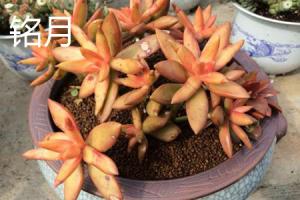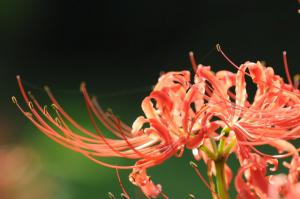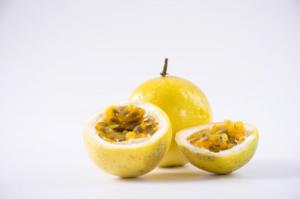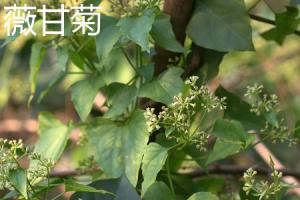Introduction
Asthma is a chronic respiratory disease that affects millions of people around the world. Symptoms like wheezing, shortness of breath, and chest tightness can be triggered by various factors like air pollution, allergens, and stress. While medications and inhalers are commonly used to manage asthma, some people are turning to natural remedies like house plants to help alleviate symptoms. In this article, we’ll explore the benefits of having house plants for asthma and how they can be used as a complementary treatment.
House plants improve air quality
One of the main advantages of having house plants for asthma is their ability to purify indoor air. Research has shown that certain plants like spider plants, peace lilies, and snake plants can filter harmful chemicals like formaldehyde, benzene, and xylene from the air. These chemicals are often present in household items like cleaning products, furniture, and carpets, and can aggravate asthma symptoms. By having these plants in your home, you can improve the air quality and reduce the risk of breathing in these irritants.
House plants increase humidity
Another benefit of having house plants for asthma is their ability to increase humidity levels. Dry air can cause irritation to the respiratory system, making asthma symptoms worse. Plants release moisture through a process called transpiration, which can help humidify the air. Certain plants like Boston ferns and English ivy are particularly effective at increasing humidity levels, making them great choices for people with asthma.
House plants reduce stress
Stress can be a trigger for asthma symptoms in some people. Studies have shown that being surrounded by nature, whether it’s outdoors or indoors, can help reduce stress levels. House plants can provide a sense of calm and relaxation, which can be beneficial for people with asthma. In addition, taking care of plants can be a therapeutic activity that can help distract from the stresses of everyday life.
Choosing the right house plants
While having house plants can be helpful for asthma, it’s important to choose the right ones. Some plants can actually worsen symptoms by releasing allergens and irritants. Plants like ragweed, chrysanthemums, and daisies should be avoided. It’s also important to avoid over-watering plants, as this can create mold and mildew, which can be harmful to people with asthma. Consult with a gardening expert or your healthcare provider to determine which plants are best for your specific needs.
Conclusion
House plants can be a useful addition to managing asthma symptoms. They can improve air quality, increase humidity, and reduce stress levels. However, it’s important to choose the right plants and take care to avoid over-watering. Always consult with your healthcare provider and gardening experts when choosing plants. With the right care and attention, plants can be a natural and effective way to help manage asthma symptoms.

 how many times do yo...
how many times do yo... how many planted tre...
how many planted tre... how many pine trees ...
how many pine trees ... how many pecan trees...
how many pecan trees... how many plants comp...
how many plants comp... how many plants can ...
how many plants can ... how many plants and ...
how many plants and ... how many pepper plan...
how many pepper plan...































